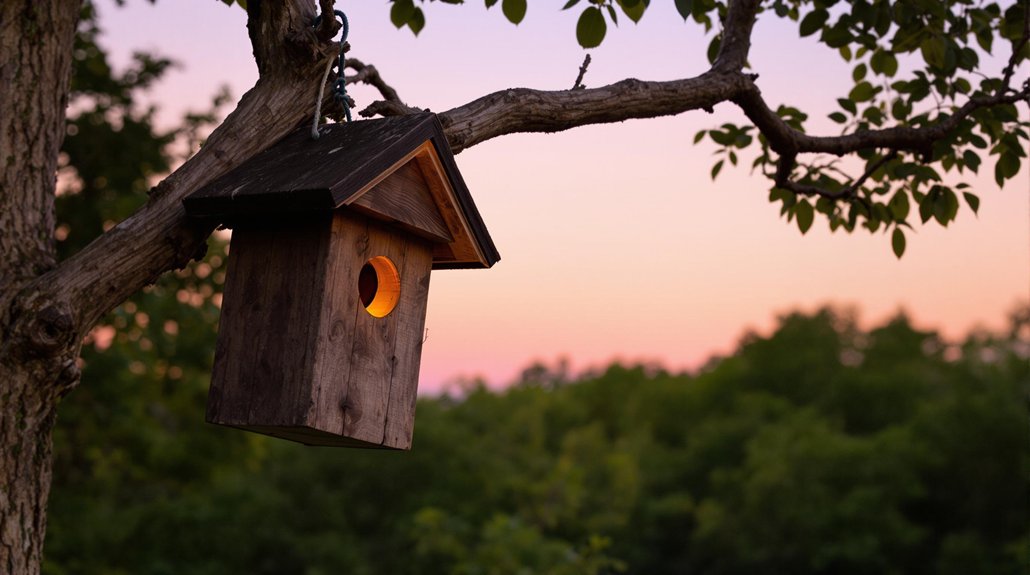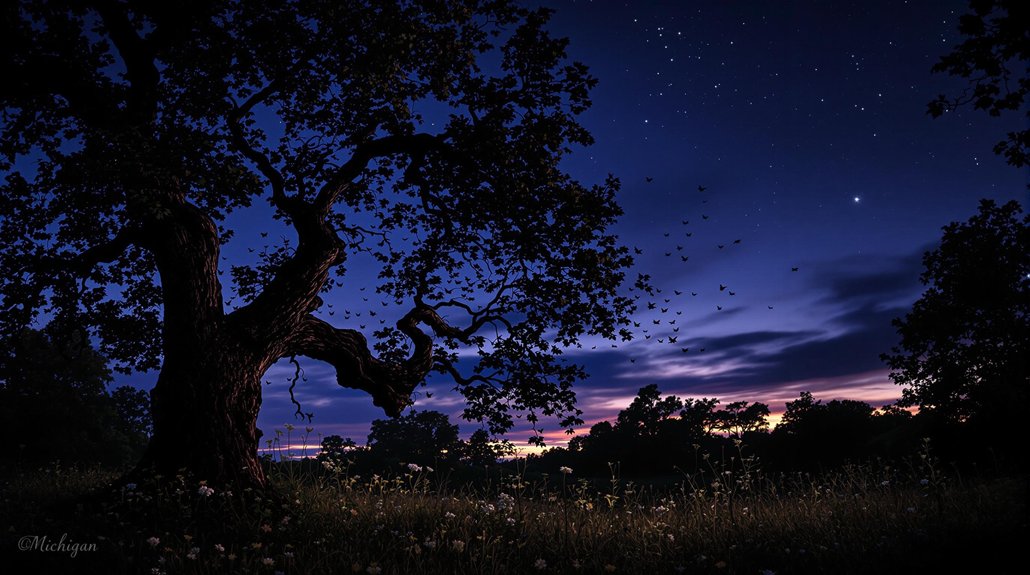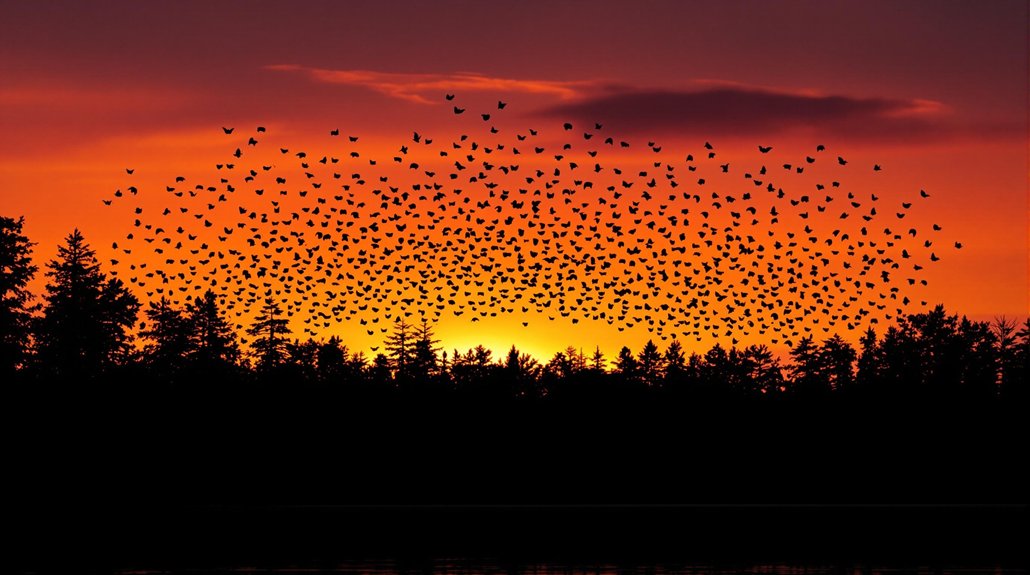


What Time Do Bats Come Out in Michigan?
Bats in Michigan typically emerge around dusk to start their foraging. This behavior is common as bats are nocturnal creatures, and dusk marks the shift from resting to feeding. Their emergence can vary slightly depending on weather conditions and the availability of...What Time of Year Do Squirrels Have Babies in Michigan?
Squirrels in Michigan typically have their babies during the spring months of March and April. This aligns with their primary breeding season. After mating, female squirrels give birth about 44 days later. The newborn squirrels are hairless and blind, depending...Raccoon Behavior During Mating Season in Michigan
Raccoon behavior during mating season in Michigan occurs from late winter to early spring. During this time, males engage in competitive displays to attract females. They use vocalizations and scent marking to establish territory. Females often display body language...
